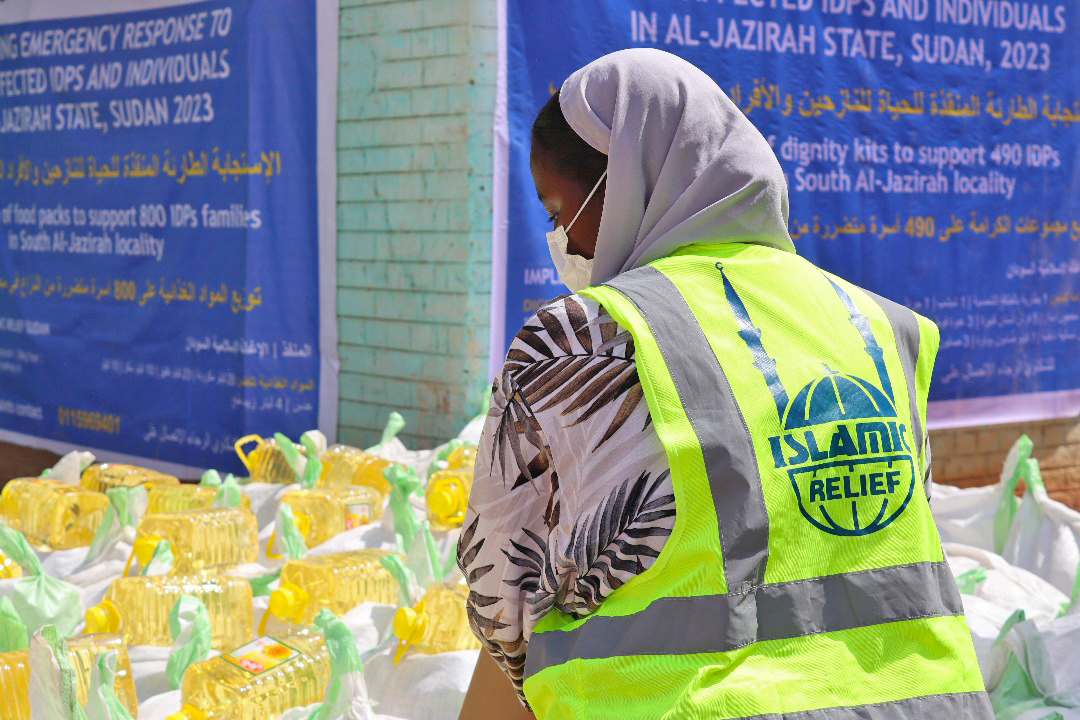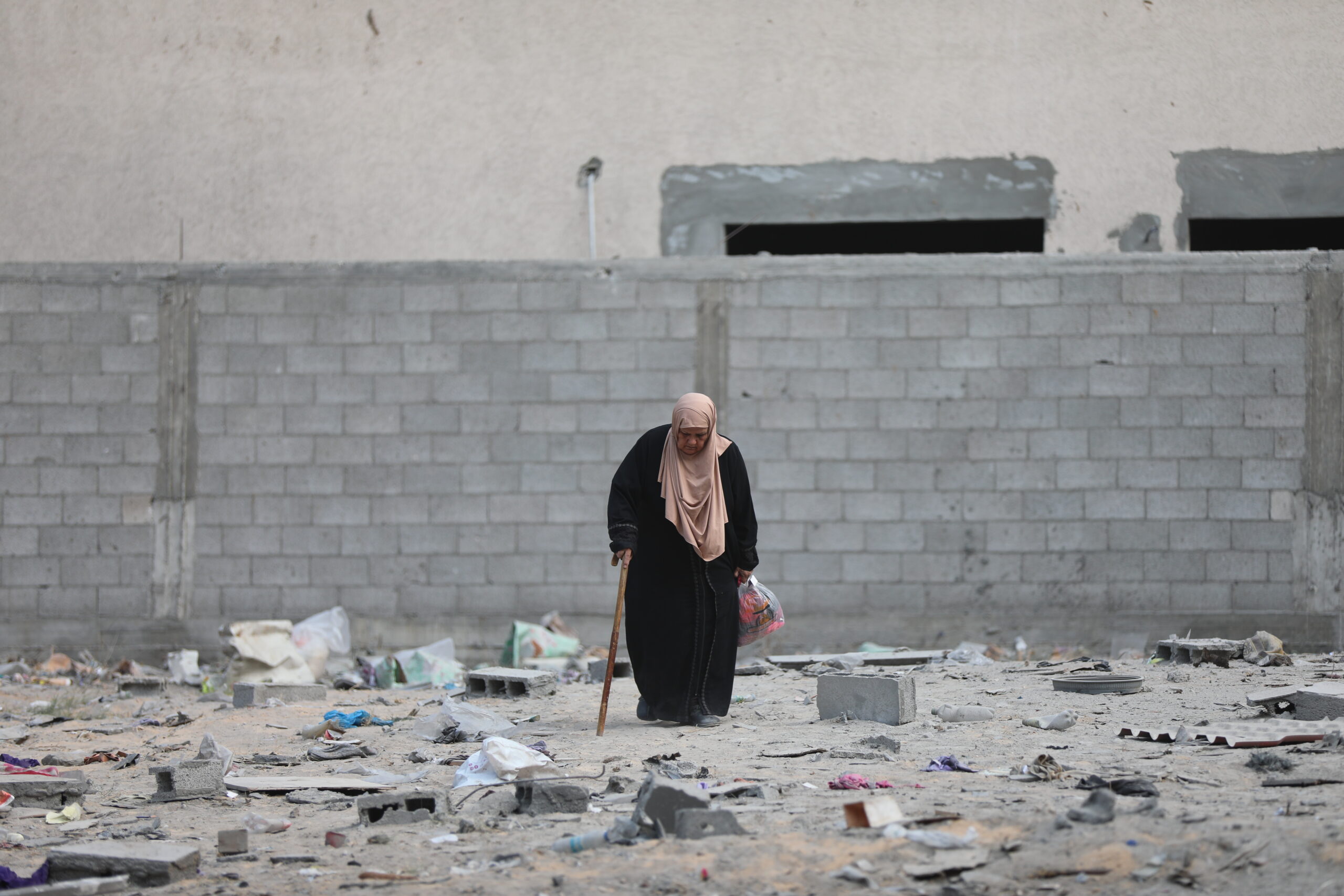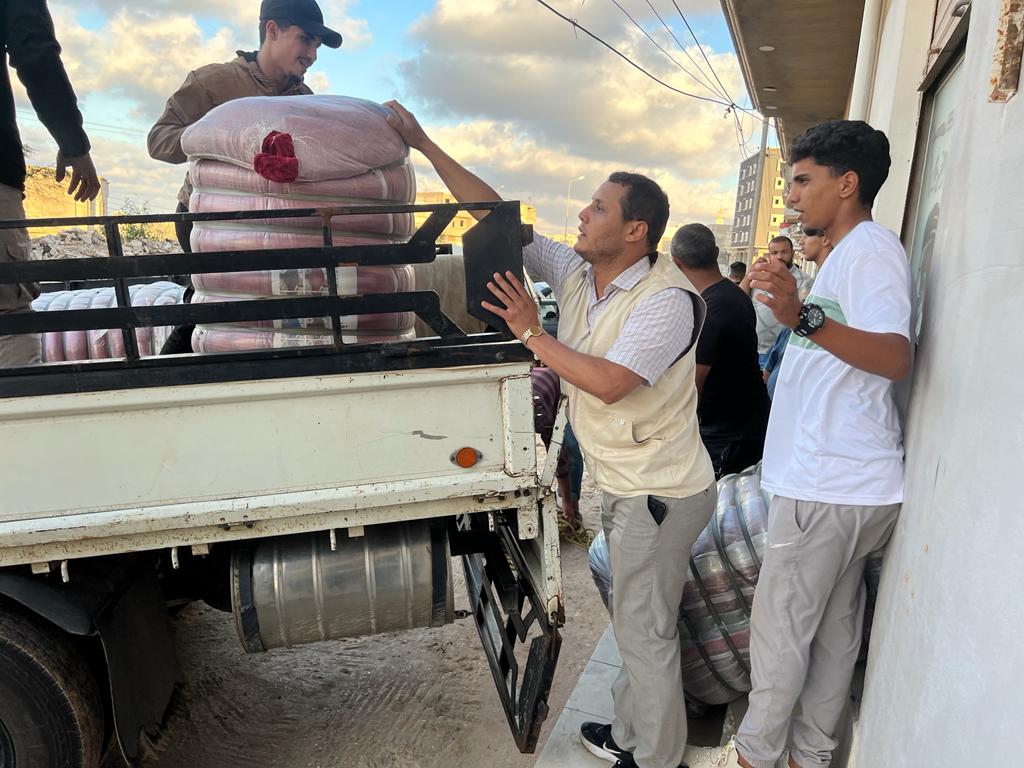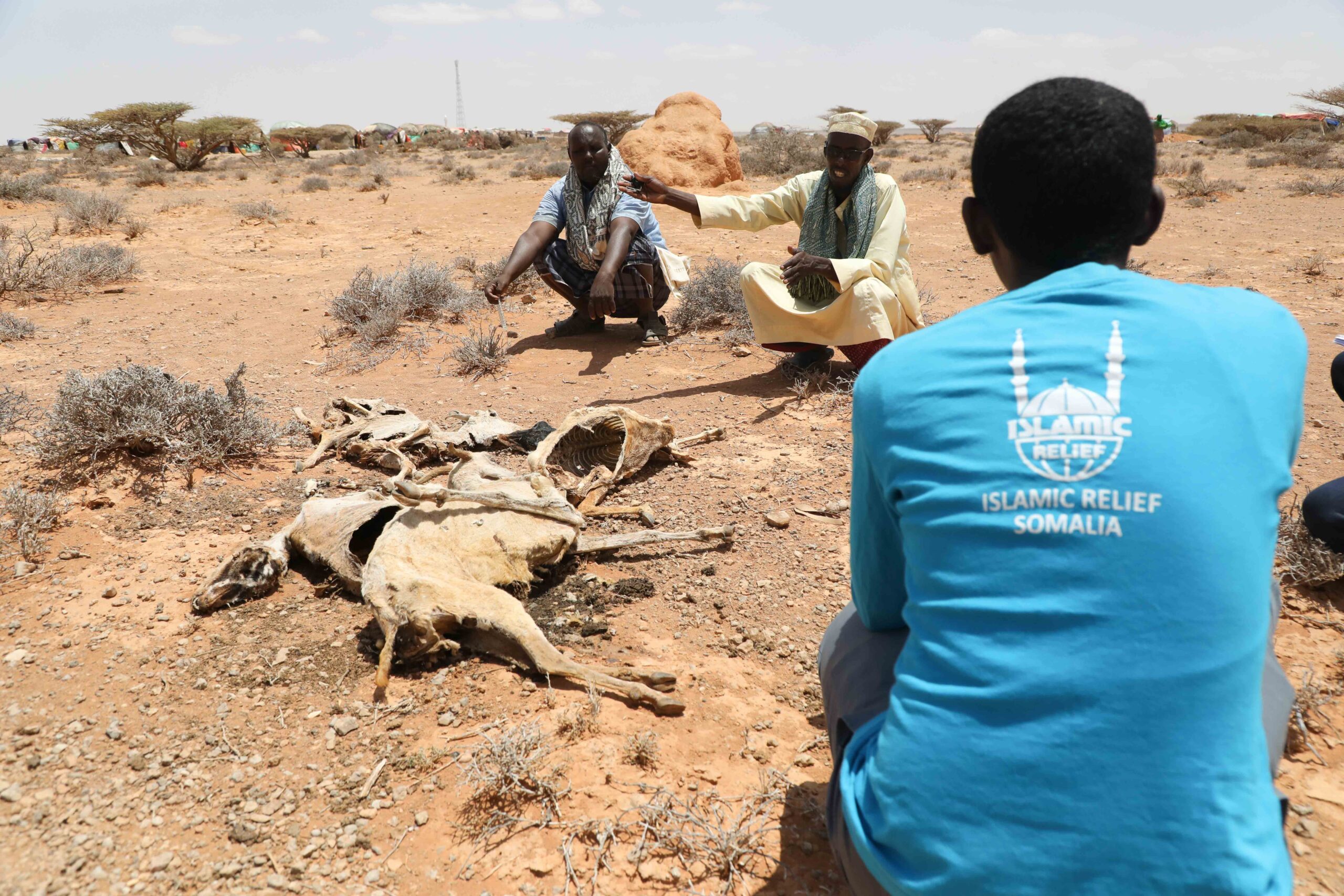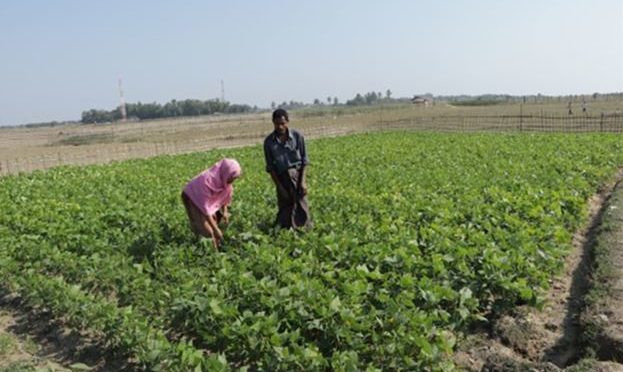
05.29.20
Planting seeds of change in Myanmar
Gul Bar Har, and her husband, Ar Maut Char, are farmers who used to take loans from members of the community to cover their production costs at the start of the growing season. They would return the money once they harvest their vegetables. After returning the money borrowed, whatever they had left over would be used to meet the family’s basic needs.
When the next growing season would come around, they would need to borrow money again. In most situations, this process of taking loan after loan continues for years and years with debts being passed on from one generation to another.
For Gul Bar Har and her husband, the burden of always being in debt and the struggle to keep on top of their finances meant that their son had to drop out of school. On top of this, during the rainy season – with less harvest and fewer job opportunities – the family would often have to skip meals during the day. And sometimes, they would even have to borrow money from their relatives just to put some food on the table.
But in 2019, this cycle of debt stopped when Gul Bar Har received assistance from Islamic Relief to undertake agricultural training and a cash grant to cover her production costs.
Gul Bar Har’s family is now growing tomatoes, beans, watermelon, beans, chili and eggplant. After receiving the cash grant, they harvested tomatoes for 10 cycles within a year. Now, they harvest crops twice a week and their monthly income has almost doubled. They sell their produce at the markets and they still have enough plots of tomatoes that they can harvest at least 20 more times.
Gul Bar Har says the vegetable farm’s good produce is a result of the training she received, in which she learnt how to grow crops properly.
“We do our best to carefully use the assistance provided to us. We are slowly reaping small successes. The best thing that happened was that we’re free from debt to start farming this year,” she said, happily.

